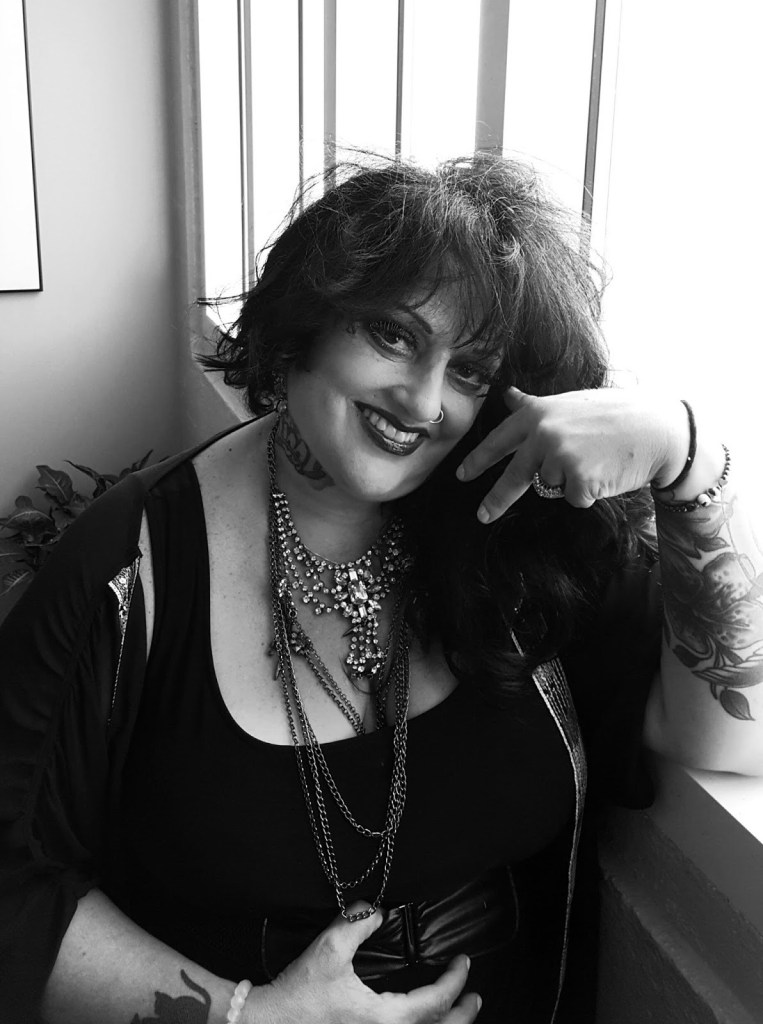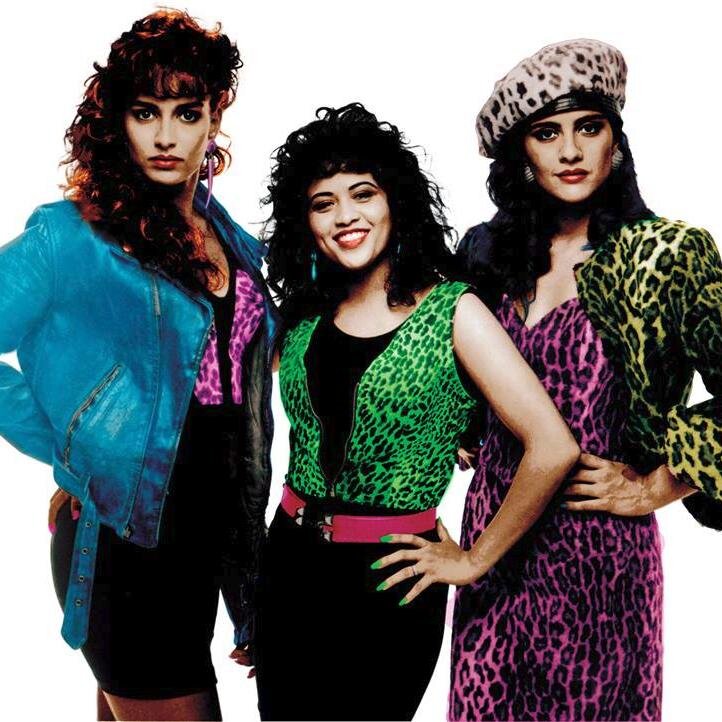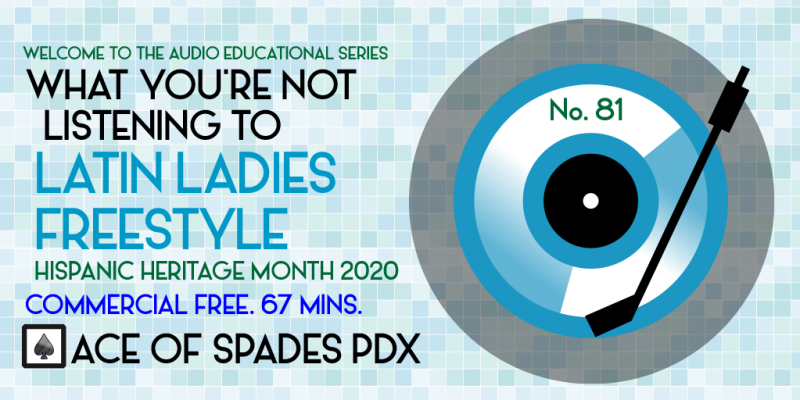Podcast: Play in new window | Download | Embed
Kicking off Hispanic Heritage Month 2020 is a program featuring remixes and album tracks from the mainland United States’ third major homegrown Hispanic music movement of the 20th Century. #lantinx #hispanicheritagemonth #dance #oldschool
NOTE: There are no ballads in this program. Get your dancing shoes on and wear them out.
Latin Freestyle, sometimes just called Freestyle, is a music genre that originated in New York City in the early 1980’s. It eventually found pockets of talent in major U.S. cities with large Latino/Hispanic communities outside of New York, including Los Angeles and most notably, Miami.
It was the third major Hispanic music movement to originate from the mainland United States, after Tejano music of the 1920’s and Chicano Rock of the 1970’s.

Freestyle was a blending of Hip-Hop, electronic dance music and pop. The sound was eventually embraced by many Black and White artists as well, but all of the original and biggest stars in the scene were all of Hispanic origin. Oddly, as the sound’s popularity started to wane on the charts by the end of the decade, many Freestyle artists switched gears and released ballads, resulting in the biggest hits of their careers.
There will be no lip synching with me — everything is fully live.
Lisa Lisa
Freestyle was a producer-driven format, not uncommon for dance records in any genre or in any decade. Most of the genre’s biggest stars are not just still alive, but still performing, and Freestyle package shows have proven to be incredibly well-attended, particularly in the states that spawned the initial scene.

Though there were a number of male acts associated with the Freestyle craze, the majority of these performers were women, either as solo acts or revitalizing the “Girl Group” sound for a new generation of music fans. With rare exception, all of the songs revolved around love and heartbreak, with many of the women promoting cautionary tales of shady men and asking them to step up their game beyond one night stands.
First Part
- Let Me Be The One, 1988, Sa-Fire
- They’re Playing Our Song, 1987, Trinere
- Show Me, 1987, The Cover Girls
- Temptation, 1991, Corina
- Saying Sorry Don’t Make It Right, 1988, Denise Lopez
Second Part
- Come Go With Me, 1987, Expose
- Together Forever, 1991, Lisette Melendez
- Never Let You Go, recorded 1987/single release 1988, Sweet Sensation
- I Wonder If I Take You Home, 1985, Lisa Lisa and Cult Jam with Full Force
Finale
- When I Hear Music, 1984, Debbie Deb
Amor para todos ustedes. (Love to you all.)
Ben “Daddy Ben Bear” Brown Jr.
Host, Show Producer, Webmaster, Audio Engineer, Researcher, Video Promo Producer and Writer
“Copyright Disclaimer Under Section 107 of the Copyright Act 1976, allowance is made for ‘fair use’ for purposes such as criticism, comment, news reporting, teaching, scholarship, and research. Fair use is a use permitted by copyright statute that might otherwise be infringing. Non-profit, educational or personal use tips the balance in favor of fair use.”
